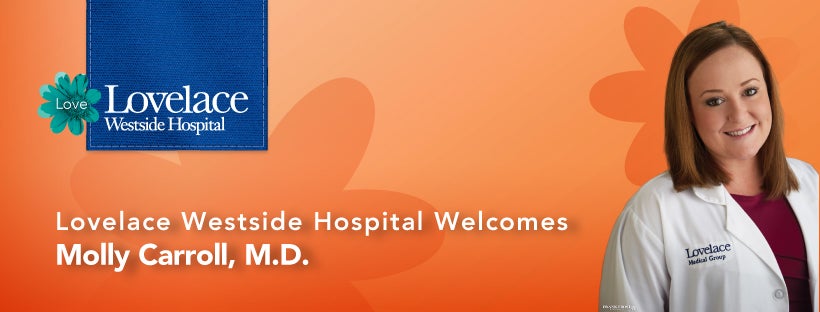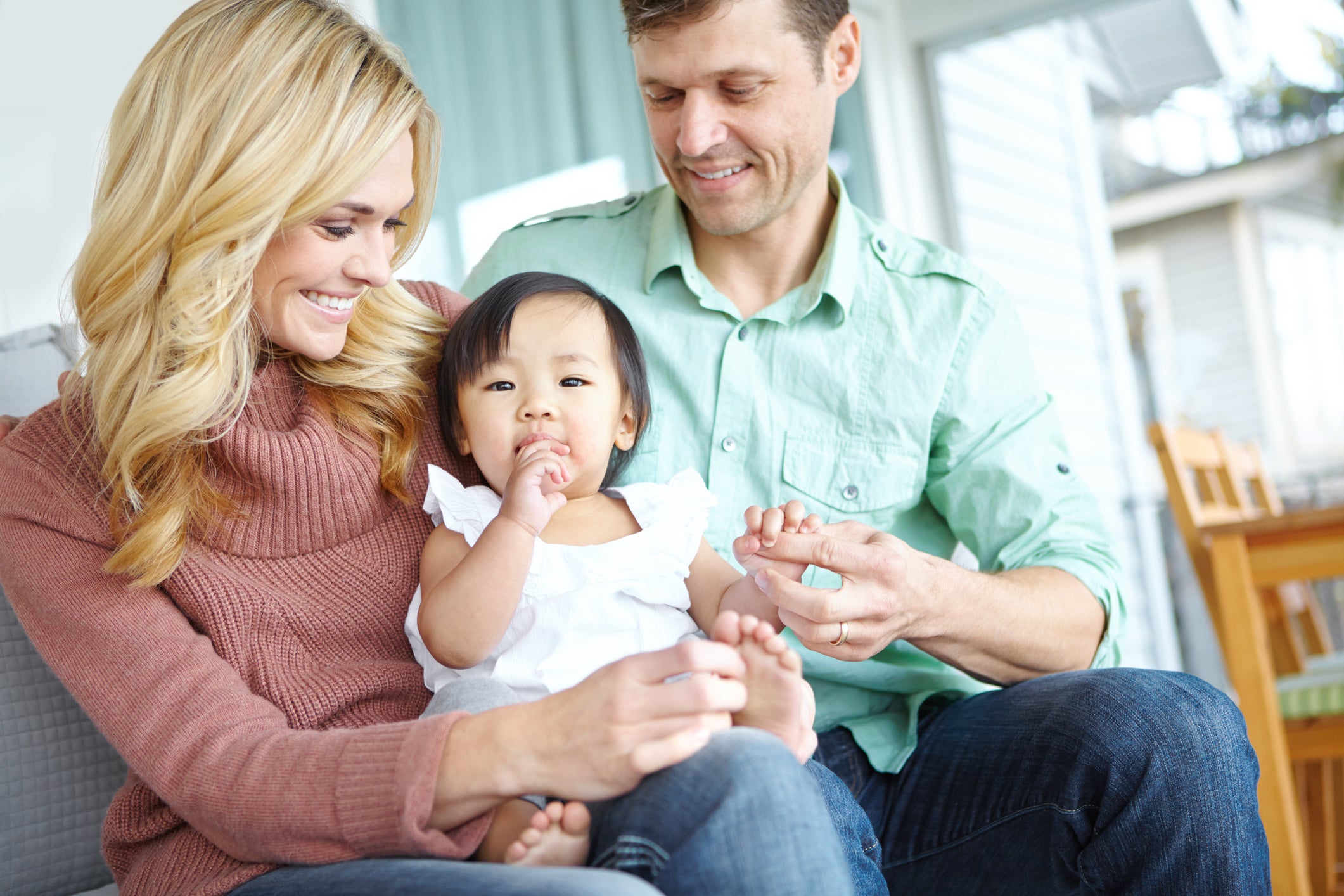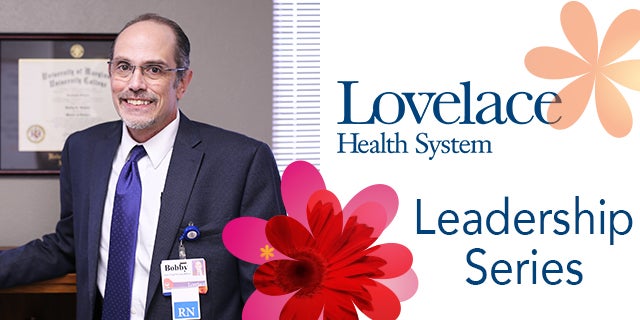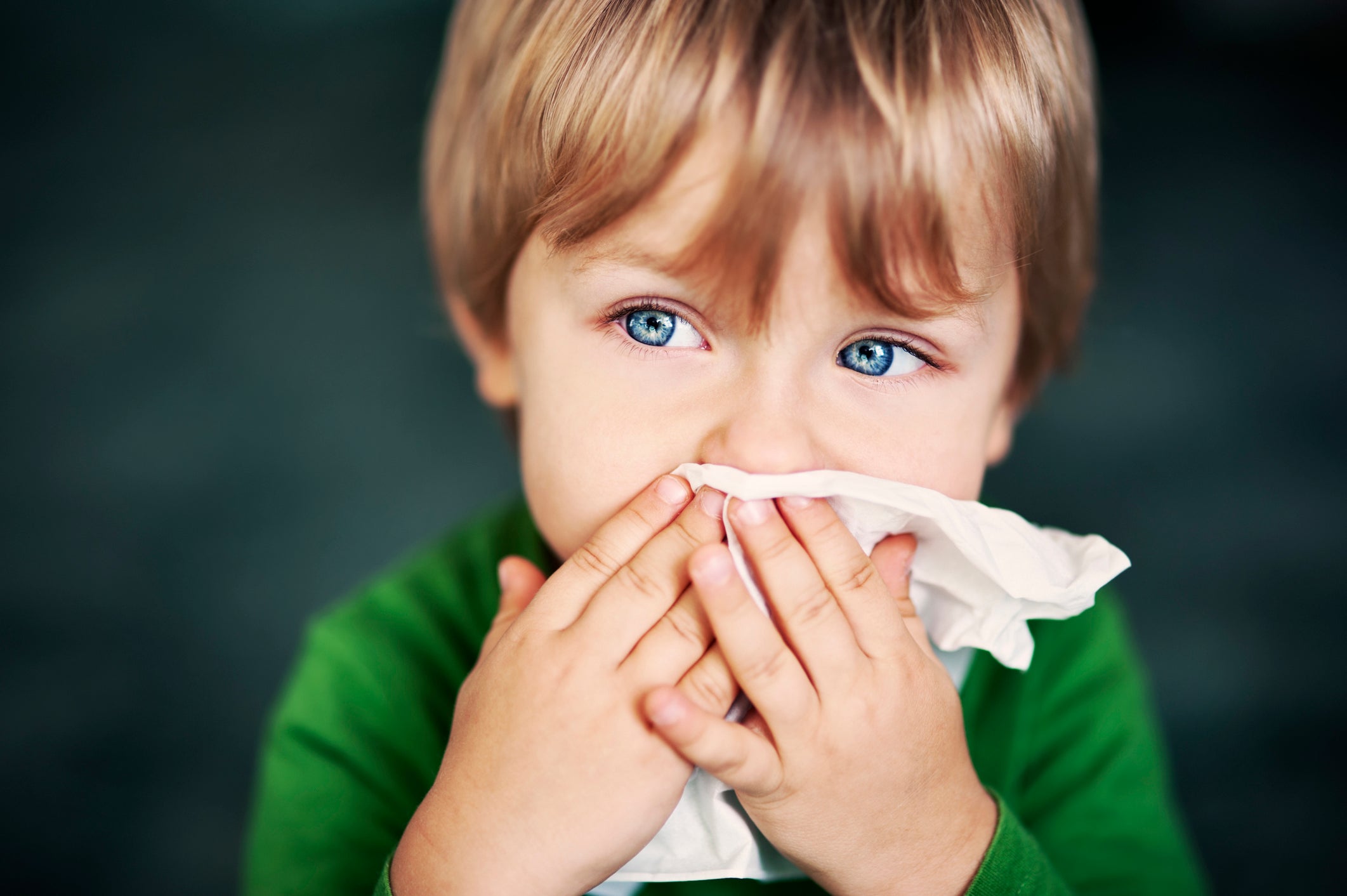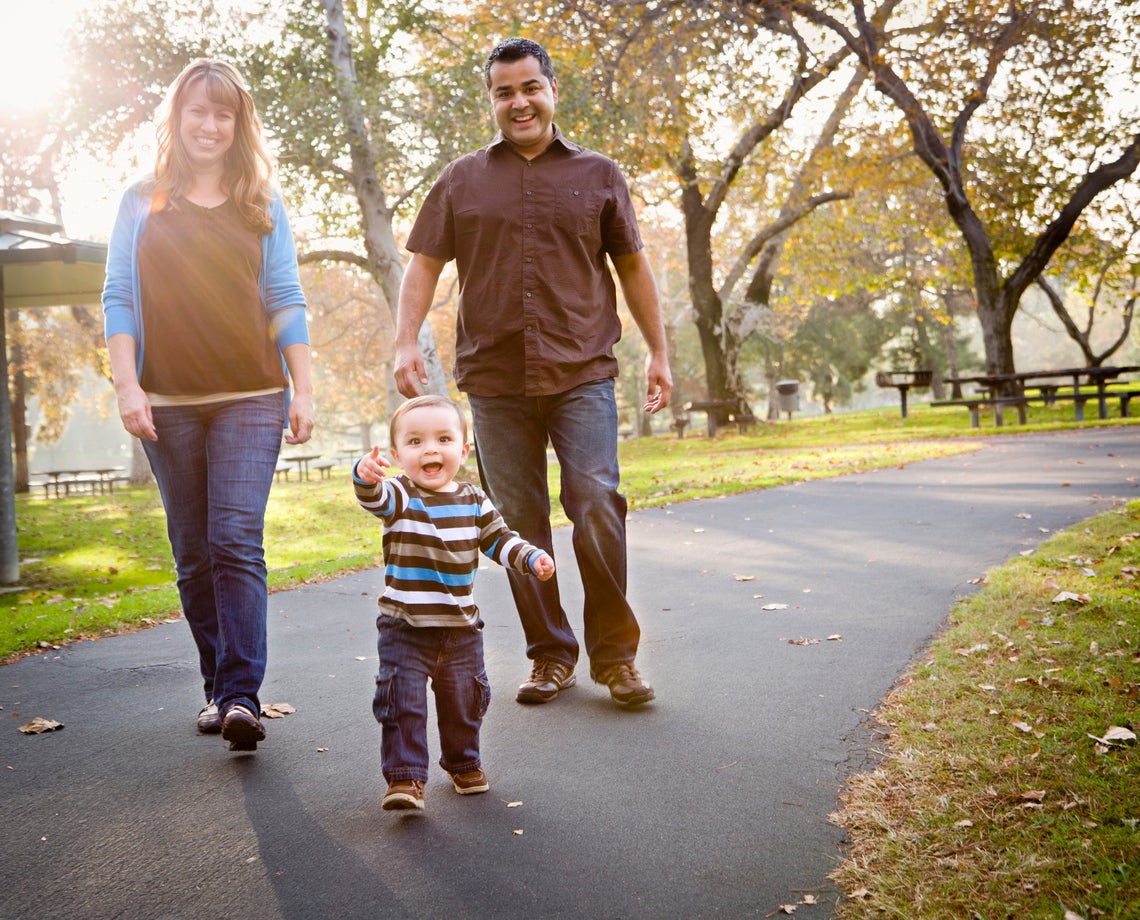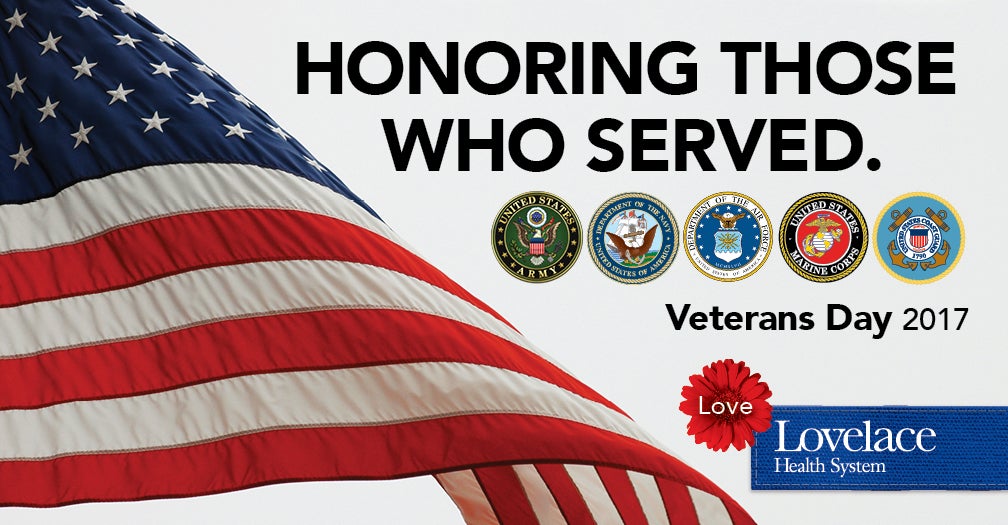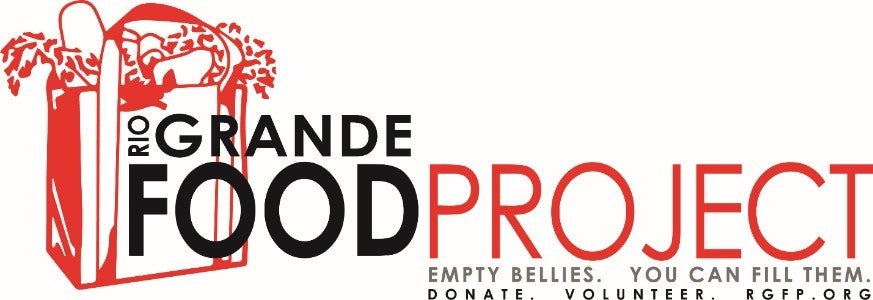
Since 1989, Rio Grande Food Project (RGFP) has worked to prevent and end hunger for children, adults, and seniors throughout Albuquerque. Established in 1989 by several members of the Rio Grande Presbyterian Church, the efforts of RGFP has significantly grown ever since. The Rio Grande Food Project separated from the church in 2004 and has transformed into the largest food pantry on Albuquerque’s Westside, transporting about 90,000 lbs of food and serving close to 4,000 people every month. Lovelace Health System is fortunate to support this growing food pantry year after year.






